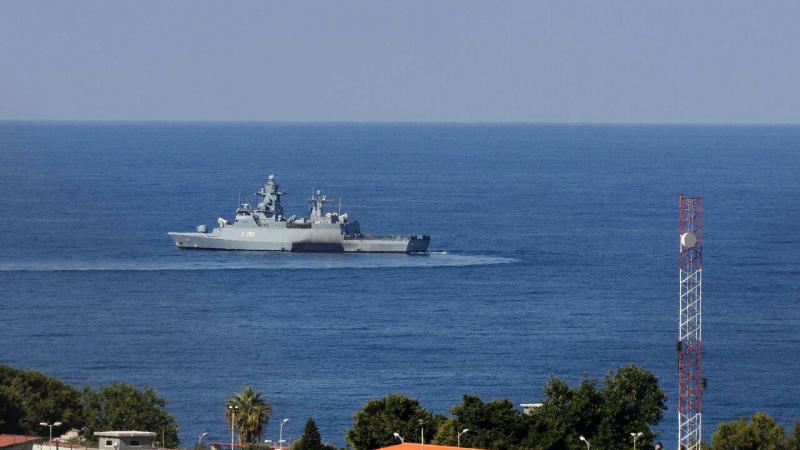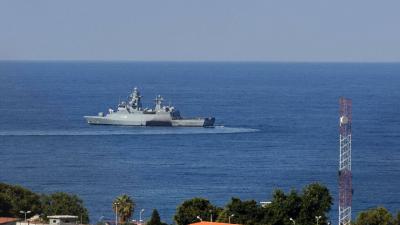U.S. envoy to Yemen Tim Lenderking told Reuters that the United States aims to form the "widest possible naval coalition" to protect ships in the Red Sea and send a "significant message" to the Houthis that further attacks will not be tolerated. The Iran-aligned Houthis have been attacking ships in the maritime corridors of the Red Sea and launching drones and missiles at Israel since the onset of the war between Israel and Hamas in Gaza more than two months ago, raising concerns of a wider conflict in the Middle East.
White House National Security Adviser Jake Sullivan told reporters last week that Washington is in talks with other nations about a naval task force "to ensure safe passage for ships in the Red Sea," but did not provide further details. Iran warned today that such a force would face "extraordinary problems."
Lenderking stated that the U.S. wants the multinational coalition to send "a significant message from the international community that Houthi threats to international shipping will not be tolerated." He added in an interview this week during a conference in Doha, that the U.S. aims to expand the existing international naval task force into "an international coalition that allocates some resources to protect freedom of navigation."
The current task force in the Red Sea and the Gulf of Aden, known as Combined Task Force 153, is a coalition of 39 countries led by the vice admiral of the U.S. Fifth Fleet based in Bahrain. Lenderking explained that "there is an active assessment underway in Washington about the steps necessary to compel the Houthis to de-escalate," calling on the Yemeni group to release the crew of the Galaxy Leader ship that they detained on November 19.
Lenderking refrained from specifying the countries or the number of other nations Washington has contacted to join the expanded coalition, but mentioned it should be "the widest possible coalition." U.S. Secretary of State Antony Blinken discussed the threat posed by Houthi attacks on maritime security with Chinese Foreign Minister Wang Yi last week, according to a statement from the State Department regarding the call. China, which is not part of the current task force, heavily utilizes the Red Sea route and has significant influence over Iran, the main supporter of the Houthis.
**Solidarity with Palestinians**
The Houthis, who govern most of Yemen, claim that their attacks aim to demonstrate solidarity with the Palestinians and have vowed to continue the attacks until Israel halts its campaign in the Gaza Strip, which is over 1,600 kilometers from Sana'a. The Houthis and several other Iran-linked groups, such as Hezbollah in Lebanon and various armed groups in Iraq, have been targeting Israeli and American interests since the start of the conflict between Israel and Hamas over two months ago.
The Houthi attacks originating from Yemen threaten the flow of supplies between Asia and the West and pose a significant threat to the global economy. The attacks have led to increased shipping costs through the Red Sea, which the London insurance market now classifies as a high-risk area. Approximately 23,000 vessels pass through the Bab el-Mandeb Strait, linking the Gulf of Aden with the Red Sea and beyond to the Suez Canal every year. Senior sources within Iran-aligned groups stated last week that the Houthi attacks are part of efforts to pressure Washington to compel Israel to cease its assault on Gaza, a goal shared by Iran, Saudi Arabia, and other countries in the region.




